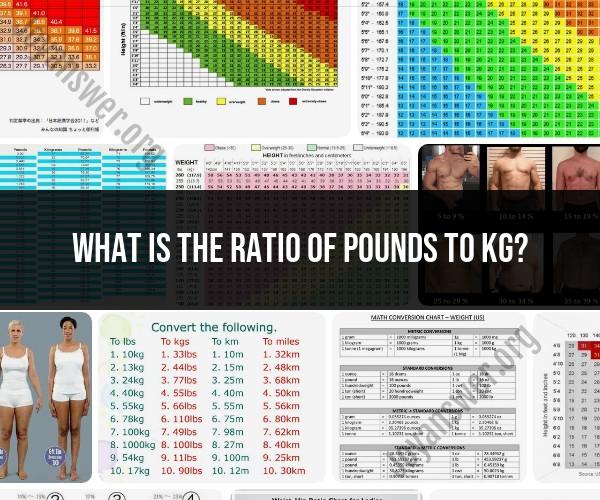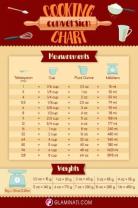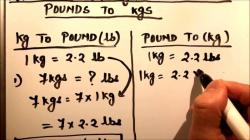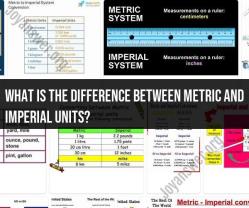What is the ratio of pounds to kg?
The conversion between pounds (lb) and kilograms (kg) involves converting units of weight or mass from the imperial system (pounds) to the metric system (kilograms). Here's how the conversion ratio works and why it's important:
1 Pound (lb) is approximately equal to 0.45359237 Kilograms (kg).
This conversion ratio is derived from the definition of both units:
Pound (lb): The pound is a unit of weight or mass commonly used in the United States and a few other countries. It was historically based on the weight of a specific amount of grains or other materials. The pound is divided into 16 ounces.
Kilogram (kg): The kilogram is the base unit of mass in the metric system, which is used worldwide. It is defined as the mass of the international prototype of the kilogram, a specific physical object kept by the International Bureau of Weights and Measures (BIPM) in France.
To convert pounds to kilograms, you multiply the number of pounds by the conversion ratio (0.45359237):
Number of kilograms = Number of pounds × 0.45359237
For example, let's say you want to convert 150 pounds to kilograms:
Number of kilograms = 150 lb × 0.45359237 ≈ 68.181 kg
Conversely, to convert kilograms to pounds, you divide the number of kilograms by the conversion ratio:
Number of pounds = Number of kilograms ÷ 0.45359237
For example, if you have 50 kilograms that you want to convert to pounds:
Number of pounds = 50 kg ÷ 0.45359237 ≈ 110.231 lb
Understanding the conversion ratio between pounds and kilograms is important when dealing with international measurements, scientific calculations, or any situation where units from the imperial and metric systems need to be converted. The metric system is widely used in scientific and everyday contexts around the world, while the imperial system is primarily used in the United States and a few other countries.













